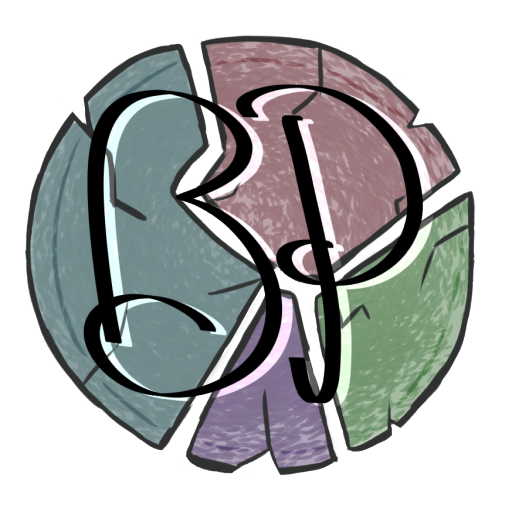I used to tell people that I read thesauruses as a kid for fun. Truthfully, I can’t really remember if I did that or not. I mean, it certainly sounds like something I would do; I remember stumbling across an online index for literary devices when I was in middle school working on some English assignment, pouring over each and every entry— it was as if I could literally feel my mind expanding. I think that the literary device I’m inclined to use most often is repetition. As a songwriter, you learn that repetition is everything when it comes to music: tracing the curve of a rising and falling melodyline; spiraling deeper and deeper into the pulse of a song. But just as important as repetition is the deviation from it: you have to be willing to follow the music wherever it leads you— even if it’s unexpected or doesn’t make much sense.
I saw an interview that Stephen King did a while ago about his creative process: “I had no idea that Tad was gonna die,” he said in reference to one of his characters, “and I had no idea that Danny and his mother were going to live. But I was really glad when they did.” My own creative “process”, if you can even call it that, works much the same way: as far as I’m concerned, it isn’t my job to know where the story’s headed— I only need to tell it.
The thing I like most about synonyms is that they are all hinting at the same underlying translation. If you’re anything like me in that you’re prone to going down the Synonym Rabbit Hole anytime you write a paper, however, you’ll find that sometimes, you can end up with a so-called “synonym” that hardly resembles your original word at all— but that perfectly captures the desired sentiment. It isn’t really even a synonym so much as it is a mutation of meaning: as you click from word to word, honing in on nuance, the definitions become sharper (focused, more pointed). Sometimes, it’s beautifully seamless, like a color gradient. Other times, you get stuck in a loop: mutation like evolution like expansion like development like expansion, and so on. Should my Synonym Rabbit Hole fail to do the trick, my next move is usually to turn to cadence.
In my head, I’m often able to audiate a word’s inflection long before I can recall the word itself. A few minutes ago, I wanted a word that meant something like “sinking”, but that had the same inflection as the word “elephant”. Because of its placement in the sentence, I knew that it had to end with the suffix -ing. Elephant. Da-dad-ing. Spiraling.
In writing, cadence is a powerful thing: an author’s word choice can make or break your understanding as a reader just by a matter of one word. What I adore about poetry is that a poem’s primary meaning is reliant on the connotation of the words— on the literal feeling that the words give you when you hear them out loud or in your head. This is incredibly similar to my philosophy regarding music-making: even when I am writing lyrics, I don’t ever think about the literal meaning my words might have; I’m thinking entirely about how the phonetics might lend themselves to the experience of music. The literal meaning of my lyrics, then, usually ends up being a total surprise to me: almost a by-product of the songwriting process.
Whether I’m writing fiction, nonfiction, or anything in between, I try to utilize my understanding of connotative meaning-making. It not only helps others better understand where I’m coming from, it helps me tell the story that I’ve always wanted to tell (communicate— express— identify— discover— bring to light). The next time you’re speaking or writing and you feel like you just can’t find the word for what you’re trying to say, try sounding it out. Literally hum the inflection of what you want to say with no words attached at all and see where that takes you. If there’s anything that Life has taught me, it’s that what you have to say isn’t the important part; it’s all about how you choose to say it.

